MPA Monitoring and Enforcement Innovation
ByExperiment Foundation, Schmidt Marine, and Builders Vision
The Marine Protected Area (MPA) Monitoring and Enforcement Innovation challenge is designed to support and encourage the development of advanced technologies and strategies for the effective monitoring and enforcement of Marine Protected Areas (MPAs).
Submitted Projects
13
Total Funding
$75,000
Submission Deadline
Jan 10, 2025
About This Grant
This challenge is dedicated to finding and funding innovative solutions that address the critical need for improved monitoring and enforcement in Marine Protected Areas. We seek proposals that leverage technology, data analysis, and community engagement to enhance the effectiveness of MPAs. Areas of interest include, but are not limited to, remote sensing technologies, AI and machine learning for data analysis, unmanned surveillance systems, and community-based monitoring initiatives.
Proposals should clearly outline the approach, the innovation involved, the expected outcomes, and how the project will contribute to the advancement of MPA monitoring and enforcement. We welcome submissions from academic researchers, technology developers, NGOs, government agencies, and independent scientists.
We are especially interested in projects that demonstrate practicality, potential for scalability, and a clear understanding of the challenges involved in MPA management.
Grant Officers
How It Works
ROLLING SUBMISSIONS: The goal of this small, fast grant program is to get these projects off the ground quickly. If selected, the grant (up to $10,000 with the average Science Engine grant being $4,000) towards an ongoing or new Experiment.com project. Project leads are encouraged to try to raise additional support from the crowdfunding process, as granted amounts may only cover part of the project funds. The sooner you fill out a project application the better (use the "start a project" link below). In addition to funding, we hope to stay engaged with the projects as mentors and supporters, helping to make the experiments a success. This grant program is open to non-profits and individuals, and is not able to support for-profit companies or activities.
The project submission deadline has been extended to Jan 10, 2025.
Funded Projects
12
Study of oceanographic and meteorological variables in MPA through remote sensing.
Climate change and events that modify the global temperature and precipitation dynamics such as “El Niño...
How is a unique Colombian blue carbon project involving and impacting coastal communities?
Carbon-rich mangroves are being deforested globally, but a rare project has 'successfully' conserved and...
A biogeochemical profile of the seafloor
There is a huge gap in knowledge of deep seafloor habitats. Current methods of studying the deep seafloor...
Drone-based Monitoring to Enhance Whale Shark Conservation in Bahía de La Paz Refuge Area in Baja California Sur, México
Whale sharks (Rhincodon typus) face growing threats from human activities, particularly in ecotourism hotspots...
Can A Low-Cost Camera & Loitering Guard Better Monitor Marine Protected Areas?
Marine Protected Areas (MPAs) are difficult to enforce due to their remoteness and often invisible borders...
From Pixels to Protection: Assessing the Utilization of AI in Underwater Video Analysis for Marine Protected Areas
This project, partially funded by Sea Grant California, uses Baited Remote Underwater Video to study fish...
Automated Monitoring for the Resilience of Marine Ecosystems in the Dominican Republic (MARE-RD)
Caribbean marine biodiversity is under critical threat from climate change and human pressures, losing...
Communities perception and monitoring of ocean acidification in the Douala-Edea national park (Cameroon)
This project will help us to evaluate the vulnerability of clam fishing to ocean acidification (OA) in the...
Ghost sharks in the Dominican Republic? Efforts to reduce phantom diversity of elasmobranchs in Samaná
Shark species in the DR are classified as VU, EN, and CR on the National Red List. Also, a near-zero presence...
Humpback whale monitoring in the Dominican Republic
Humpback whales are important marine mammals that help maintain ocean food webs and ecological processes...
Empowering coastal youth for enhanced coastal and mangrove monitoring amidst massive sargassum landings.
The Caribe Mexicano MPA, home to 50% of the western hemisphere's largest barrier reef, has faced massive...
Optimizing eDNA sampling: Which filters best capture marine biodiversity?
Recent trials in the Galapagos demonstrate that environmental DNA (eDNA) is a powerful biodiversity monitoring...
Submitted Projects
1
Monitoring of ocean acidification and essential oceanographic variables in Nigeria's MPAS using GOA-ON in box kit
Ocean acidification (OA) exacerbated by climate change is a current environmental stressor affecting Marine...

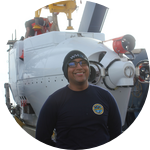







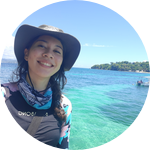
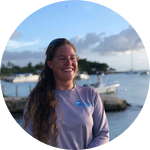
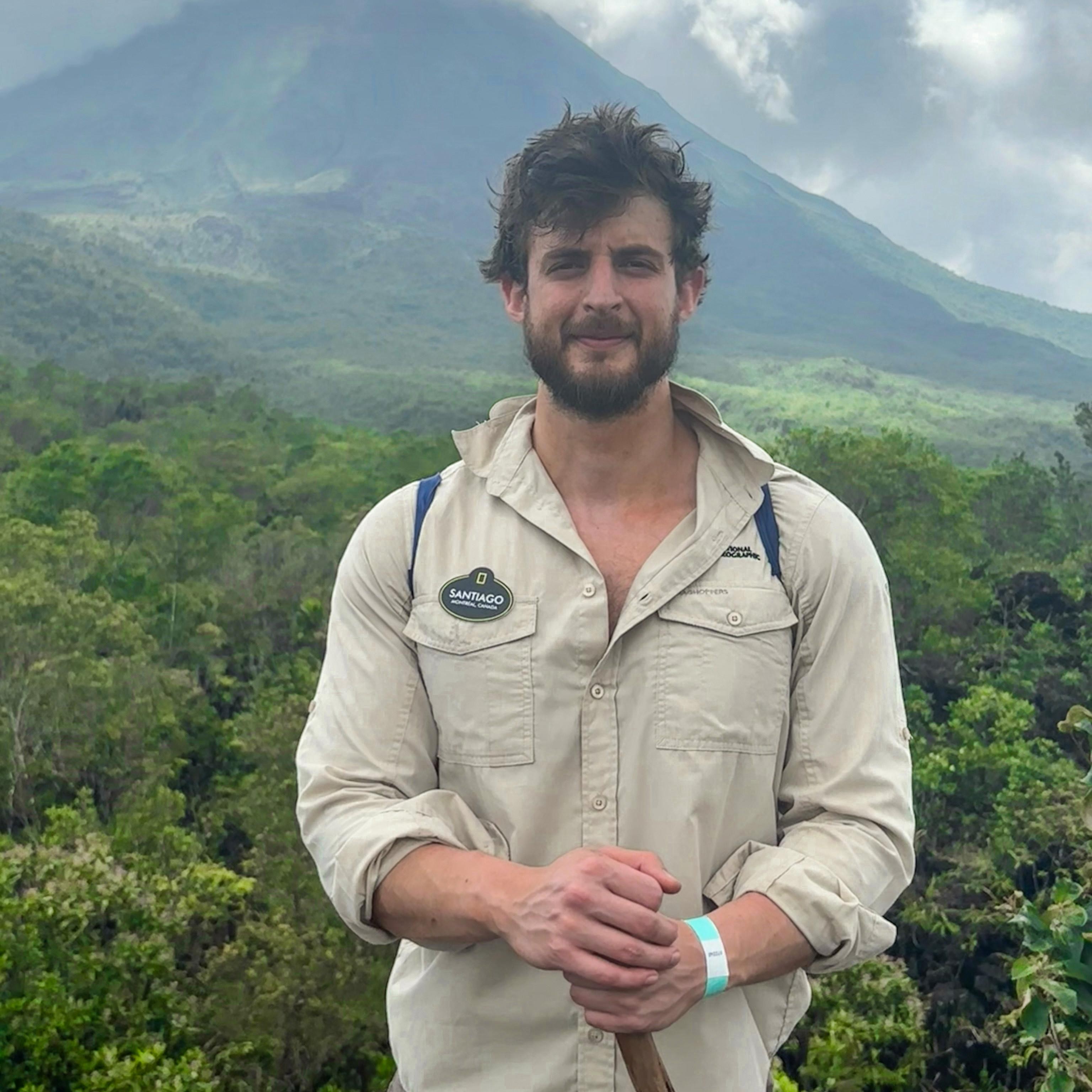
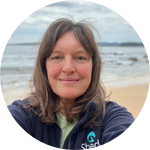




 Experiment Grant Programs
Experiment Grant Programs